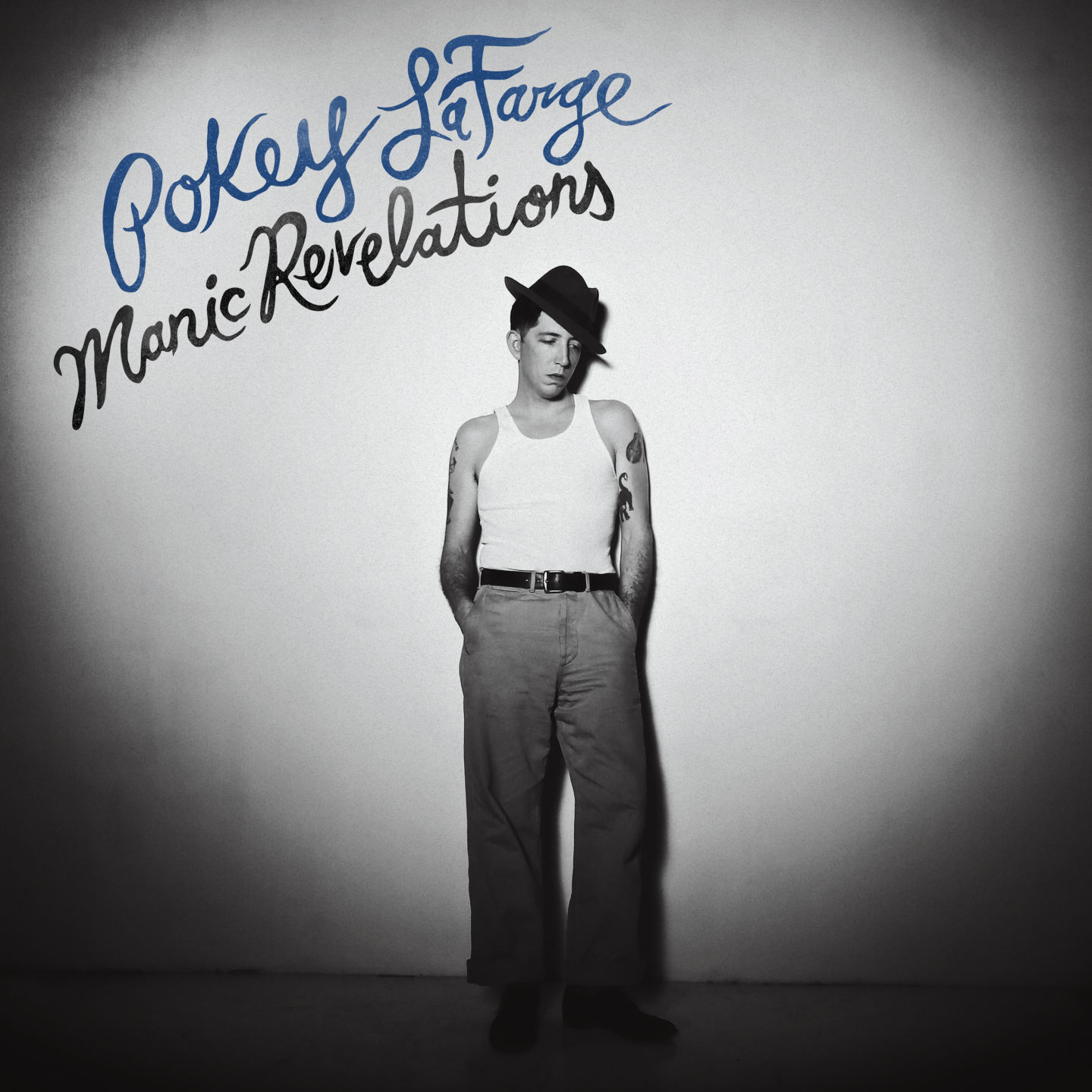JEFFERSON CITY — A fractured Missouri legislature ended its 2017 session on a day filled with filibusters and shouting matches.
In the end, a couple of major pieces of legislation were passed Friday. But many more were left unfinished, victims of animosity and procedural acrobatics aimed at slowing progress.
Things started to fall apart in the Senate after a vote in the House early in the afternoon.
In a 65-79 vote, House members rejected SB 22, which would have created a fund for the state to buy out contaminated homes near the West Lake Landfill in St. Louis County. The landfill served as a dump site for uranium during the Manhattan Project.
The Senate had already passed the bill in a 30-3 vote in April. The state budget had allocated $1 million for the buyout fund if the bill became law.
However, an amendment made after that Senate vote changed the funding method for the bill. Instead of using earmarked money, buyouts would be funded by revenue made from selling state park lands.
Rep. Mark Matthiesen, R-Maryland Heights, said that at first he was happy with the proposal. But in a fiscal review meeting, committee members were concerned about whether revenue from park sales was a viable source of money.
Mattheisen, who carried the bill in the House, said possible legal battles could tie up the money for years, which would put off when residents could be relieved of their contaminated homes. Those funding concerns helped doom the bill.
The West Lake Landfill has been on the Environmental Protection Agency’s National Priorities List since 1990. It isn’t the only spot in St. Louis with radioactivity. Coldwater Creek in St. Louis County was also the site of uranium dumping from the Manhattan Project.
Rep. Justin Hill, R-Lake St. Louis, said his wife and her family lived by the creek.
Both of his wife’s grandparents, her father, uncle and neighbor were all diagnosed with cancer by their 50s. His wife was diagnosed with cancer two months ago.
"I know Coldwater Creek doesn’t run through this landfill, but I want everybody to understand that this is real," Hill said. "People are in pain."
Following the House's no vote, Sen. Maria Chappelle-Nadal, D-University City, the sponsor of the bill, marched back into the Senate chamber, determined to shut down any action for the final five hours of the session.
Putting on the brakes
The scene looked familiar in the Senate: Chapelle-Nadal was reading "Spies in the Congo" to an empty Senate.
The stalling technique, known as a filibuster, had become notorious this session, arresting progress on major bills, including the entire budget. But there is a way to stop it. Through a procedural motion known as "previous question," all debate can be stopped and a vote immediately triggered.
The procedure, though, had not been used this year, as it sets a precedent of curtailment of debate time. The filibuster is generally respected and seen as key to defining the role of the Senate — a slower chamber where the minority party has more sway than the larger House chamber.
But an hour into the Chapelle-Nadal’s filibuster, and three hours before the end of the session, Senate leadership — Republicans Mike Kehoe and Ron Richard — decided they had enough. The Senate moved to stop Chapelle-Nadal and bring up a bill that would roll back a minimum wage increase in St. Louis.
The GOP was choosing to target St. Louis’ decision to raise the minimum wage from $7.70 to $10. Sen. Dan Hegeman, R-Maryville, the bill’s sponsor, stood up and invoked the "previous question" procedure.
Then the Missouri Senate broke down.
A small chorus of voices, comprised of mostly Democrats and Republican Sen. Rob Schaaf, wailed aloud to Lt. Gov. Mike Parson, serving as "president" of the session, hoping to gain recognition.
"Mr. President!" yelled the coalition, their voices becoming indistinguishable from one another.
Parson, unfazed, mostly ignored the dissenting senators. Schaaf, R-St. Joseph, accosted Parson for refusing to let him speak.
"You let him interrupt me in my debate!" screamed Schaaf when Parson instead acknowledged another senator, slamming his fist on his desk. “How could you?"
This went on for an hour as senators, armed with their pocket-sized rulebooks, argued over procedure. Democrats, with some dissenting Republicans, looked to stall the bill’s passage by finding procedural ways to run down the clock as Senate leaders searched for ways to rebuke each technicality and come to a vote.
The future of St. Louis’ $10 minimum wage hung in the balance of a few inches of text.
Ultimately, in a show of force, GOP leadership pushed a vote, calling the role over the audible protest of Democrats.
The minority party’s energy was almost immediately sucked out of the room.
Through yet another procedural move, Democrats killed the next two hours to prevent any other bill from coming up, and the Senate adjourned almost an hour early, meaning all other bills were dead.
Included in this graveyard was a proposed lobbyist gift ban, a top priority for Gov. Eric Greitens; labor bills such as repeal of prevailing wage; and several more.
In spite of this, Richard declared the day, and the year, a victory for the GOP supermajority.
When the minimum wage bill arrived in the House, members took a brief break, then Republicans pushed it through quickly. The bill now goes to Greitens for final approval.
Funding restored for seniors with home health care
With less than 10 minutes remaining in the session, Republicans decided to take up one more bill in an effort to restore funding for about 8,000 seniors on Medicaid who were at risk of losing home health care.
The issue was a contentious one between the House and the Senate, which had fundamental disagreements about where to find the money to cover care.
The Senate’s version, a bipartisan effort, took excess money from various state funds. House leadership, including Rep. Scott Fitzpatrick, R-Shell Knob, had heavily criticized the Senate's version.
Earlier in the day, Fitzpatrick had proposed an alternative that received House support. But because the Senate was in gridlock, it never heard the measure.
Fitzpatrick brought the Senate's version of the bill to the floor reluctantly, stating he would not support it, but that the body should have the right to make its own decisions before time expired.
Only Rep. Crystal Quade, D-Springfield, spoke during discussion, calling the back-and-forth between the two houses destructive.
"We played chicken for a week between the two bodies, and we watched the chaos," she said.
With two minutes to spare, the House approved the proposal.
Session scorecard
After the session ended, members from both parties discussed their wins and losses.
"This has been one of the most extraordinary sessions that this Republican majority has ever had," House Majority Leader Todd Richardson said.
Gov. Greitens was pleased with much of the legislation passed, including so called "right to work," and called the session — his first as governor — a success.
But he criticized some of the infighting and inaction on the floors of both chambers.
"Sometimes they look like third graders," Grietens said. "Sometimes you had career politicians who instead of actually fighting for the people of Missouri and fighting for jobs, they were singing Kumbaya."
The governor was referring to a moment when a Republican and Democrat sang a few bars of the spiritual in an attempt to bring harmony to the Senate.
When asked how he thought the session went, Greitens hinted at the possibility of a special legislative session, though he would not say what topics it would include.
"What kind of grade would I give to the legislature? The grade’s incomplete," he said. "You know what? Sometimes when you don’t complete all your work, you need to go to summer school."
Supervising editor is Mark Horvit




















